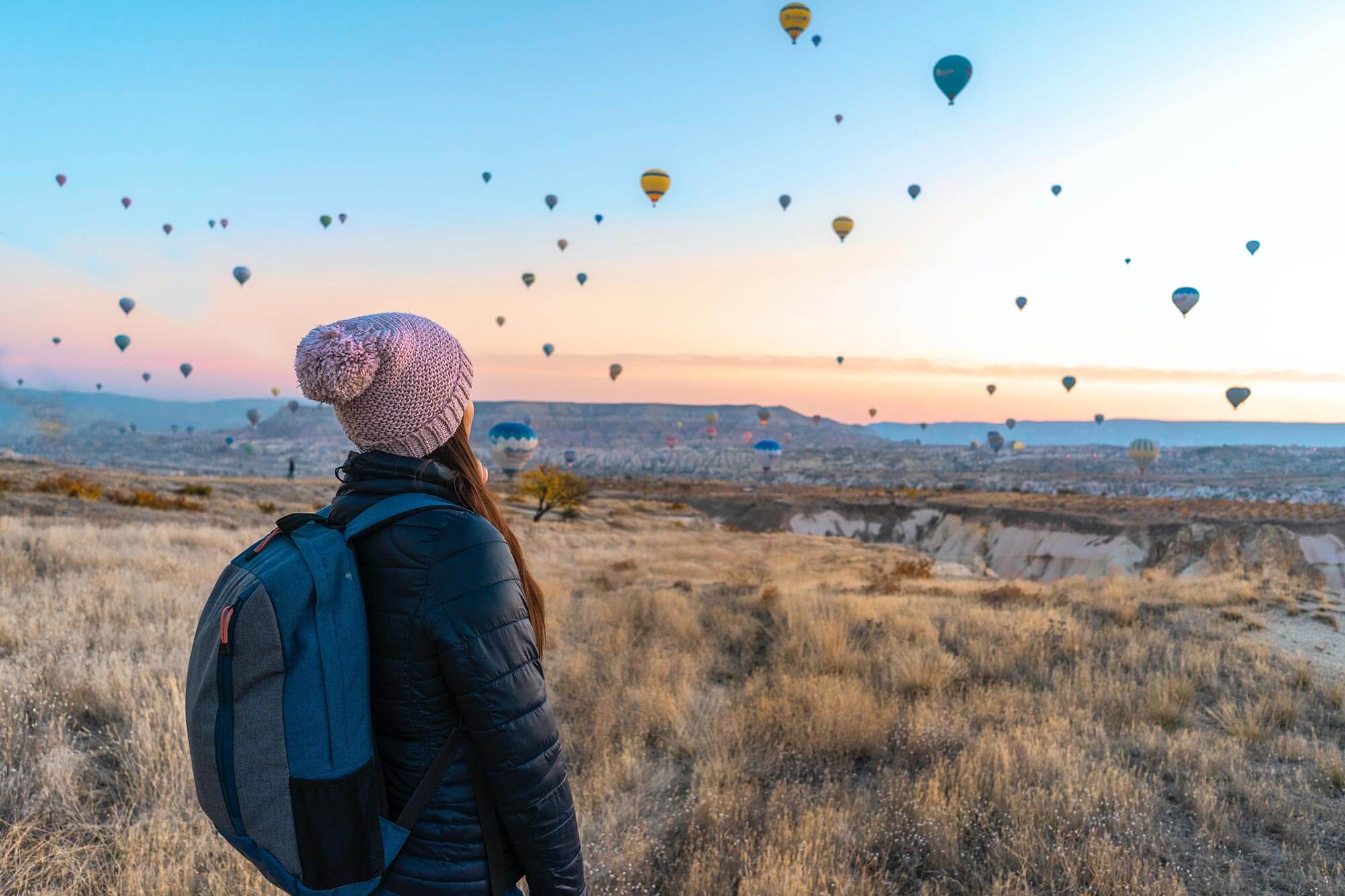The wind howls across the snow-dusted hills as the sun casts golden rays over a seemingly endless expanse. In this untouched part of the world, Kazakh eagle hunters ride through the terrain, their silhouettes majestic against the winter sky. It feels like time has slowed—here, ancient traditions aren’t remembered; they’re lived.
Passed down from father to son, the art of hunting with golden eagles is one of the world’s oldest surviving forms of falconry. These birds, captured young and trained for years, form a deep bond with their human partners. When they fly, it’s not for sport—it’s survival, honor, and ceremony in one breathtaking moment.

“It’s not about domination,” one hunter said, adjusting the thick glove on his hand. “It’s about trust.”
There’s a hypnotic rhythm to it all: the snow crunching beneath hooves, the whistle of the wind, the sharp cry of an eagle diving. Every detail feels purposeful—ancient, yet alive.
- Here, roads don’t matter—only instinct does.
- Hospitality is sacred; warmth is shared with strangers.
Time is marked by seasons, not schedules.

Visiting a nomad family in the Mongolian countryside
Life inside a ger (yurt) is humble but rich. A bubbling pot of tea, stories told over firelight, and the quiet dignity of living with the land. These families move with the seasons, navigating life not with maps, but with memory.
You come as an observer, but you leave changed—reminded that simplicity doesn’t mean lack. It means focus. Community. Connection.

.webp)




.jpg)


